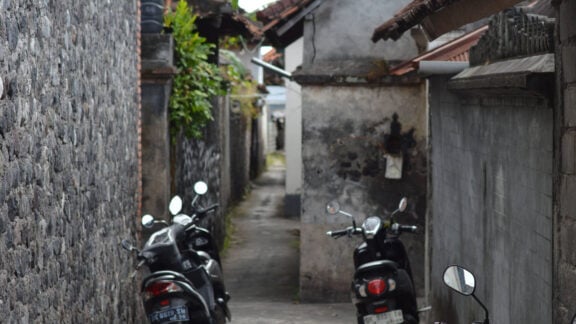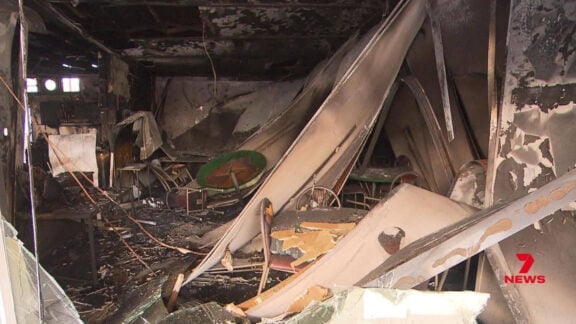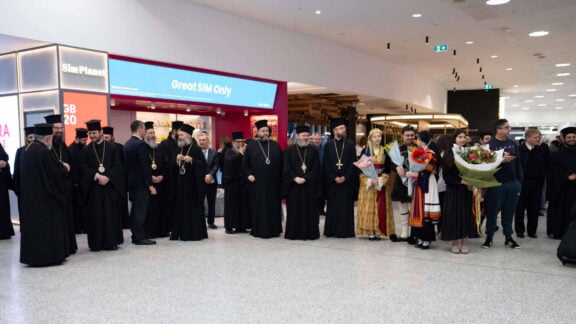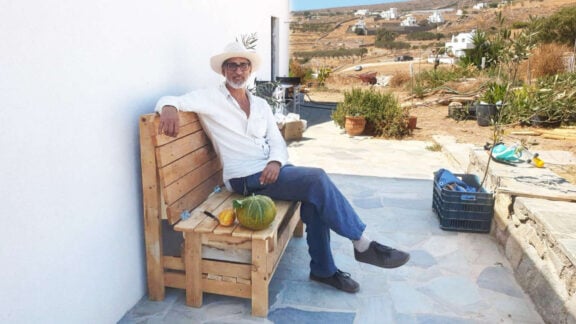Australian parents, entangled in the complexities of a Greek surrogacy drama, have finally been reunited with their babies following a breakthrough.
The ordeal began when a fertility clinic in Crete, Greece, was abruptly shut down, triggering a police raid and leaving newborns under police guard.
Growing Families Global reports that Australian women faced emotional distress as embryos were seized, preventing them from seeing their infants.
After four months of uncertainty, a group of desperate Australian parents successfully secured their surrogate babies’ Australian citizenship and brought them home from a hospital in Crete, The Daily Telegraph reported.
The babies, initially held under police guard at General Hospital St. George in Chania, were moved there after the Mediterranean Fertility Institute (MFI) faced accusations of human trafficking and fraud, resulting in its closure.
Over 60 Australian families were left in limbo during various stages of the surrogacy process, fearing the loss of embryos or potential disruptions to their reproductive material. Recent developments include the employment of an embryologist at the hospital to conduct DNA tests on remaining sperm, embryos, and eggs.
Family and fertility law specialist Stephen Page expressed relief for the affected families, describing their situation as a “nightmare.”
“It is a blessed relief for the five families after a nightmare; these are innocent victims and, for people who are infertile, nothing could be worse than their dream of a family turned into a mirage,” family and fertility law specialist Stephen Page said.
“To have their child now in their arms must come as an indescribable feeling of lightness,” he stressed highlighting the emotional toll on individuals struggling with infertility.
“Quite a few Australians turned to the Greek clinic after (the start of) Ukraine war. Ukraine was the number one destination for surrogacy as it was more relaxed about surrogacy laws, and a lot are still distressed and struggling to get access to their genetic material now stored at the hospital.
“The problem is things happen very slowly in Greece,” he explained.
Founder of Growing Families, Sam Everingham, echoed the sentiment, calling the situation “gut-wrenching” for the 35 Australian couples and five single women he represents.
“It’s really frustrating trying to ascertain what is happening out there, no one returns your calls or emails,” Mr Everingham said.
The legal proceedings against MFI’s founding member and seven staff include charges of human trafficking, illegal adoption, and forgery.
Involving women from countries like Ukraine, Romania, and Georgia, the fertility clinic coerced them into serving as surrogate mothers or egg donors, subjecting them to surveillance. These women became targets of intermediaries who received a commission of €5000 ($A8232) for each recruitment. Authorities are now investigating an additional 400 cases related to fraud and personal injury resulting from in vitro fertilization (IVF) procedures.
Until recently, only two Australian families were granted access to their children born during the scandal, following DNA testing that confirmed a genetic relationship. However, for many intended parents, the nature of surrogacy means that such a direct genetic connection is absent.









